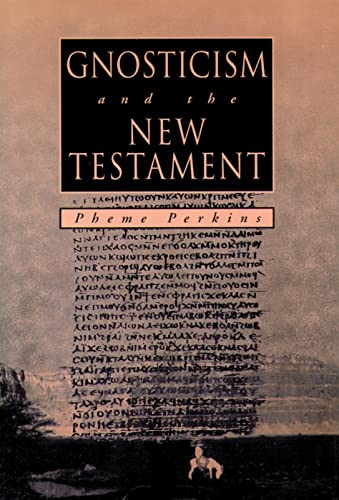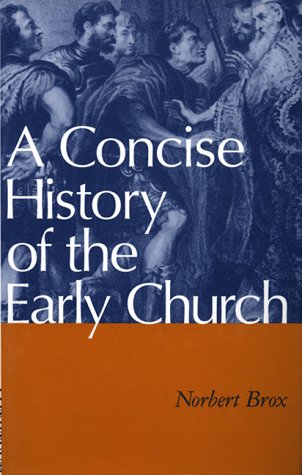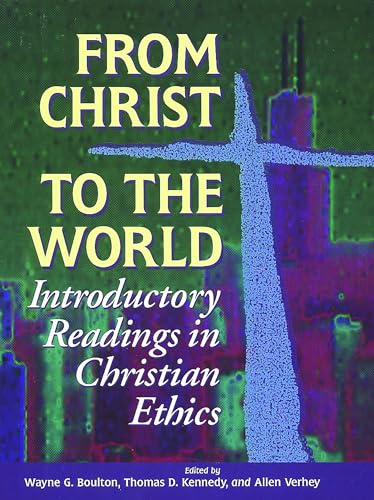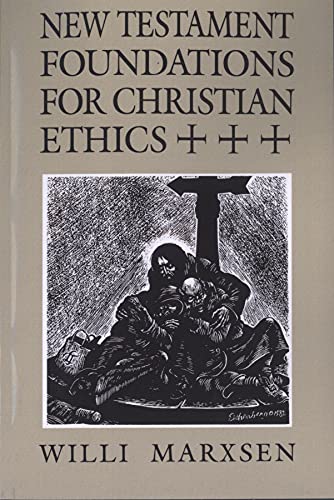God’s Design: A Focus on Old Testament Theology, 2nd edn
Written by Elmer A. Martens Reviewed By T. Desmond AlexanderAlthough Martens has updated this work which was first published in 1981 (in Britain under the title Plot and Purpose in the Old Testament), his overall approach is unchanged. He remains committed to viewing the theology of the OT in the light of four themes, drawn from Exodus 5:22–6:8, which reveal God’s design for building his kingdom: deliverance, community, knowledge of God and the abundant life. To underline the importance of these specific themes Martens examines in turn pre-monarchic, monarchic and post-monarchic texts. In doing so almost every part of the OT figures in his discussion, making this a useful and accessible overview of the whole of Genesis to Malachi.
While the themes of deliverance, community, knowledge of God and the abundant life are useful for understanding much of the OT, reservations must be expressed (a) about the way in which Martens isolates these themes, and (b) whether these themes alone are sufficient to encapsulate the theology of the OT.
At the heart of Martens’ approach is the premise that Exodus 5:22–6:8 is the key text to unlocking the meaning of the OT. Although he offers some arguments in support of this position, his case is not compelling. Furthermore, it is surely noteworthy that few, if any, biblical scholars, both past and present, have given to this passage the significance assigned to it by Martens. Yet, while he has overemphasized the importance of Exodus 5:22–6:8, Martens is nevertheless correct in noting that the themes found within it recur frequently throughout the rest of the OT. This, however, is hardly surprising given (a) that Exodus 5:22–6:8 focuses on themes associated with God’s relationship with the nation of Israel, and (b) that most of the OT deals in one way or another with the history of this relationship. To deny the importance of these themes would be both foolish and mistaken. However, it must be asked if these particular themes truly encapsulate the whole of the OT.
While references to foreign nations are not lacking—this edition includes a new section on the world’s peoples (pp. 268–274)—Martens fails to emphasize adequately God’s promise that through Abraham and his ‘seed’, ‘all nations on earth will be blessed’ (Gn. 22:18; cf. 12:3; 18:18). The fulfilment of this promise is a vital part of ‘God’s design’, providing an important link between the OT and the NT. Without it, it is difficult to understand how God’s unique relationship with Israel, emphasized in Exodus 5:22–6:8 and reflected in the rest of the OT, can later be replaced by a relationship involving all nations. Here is at least one theme which Martens fails to incorporate fully into his study.
In spite of these reservations, this is an important study drawing together the books of the OT in a meaningful way. Although Martens has not produced the final word on the subject, he offers a stimulating alternative to other approaches to OT theology.
T. Desmond Alexander
Union Theological College, Belfast







